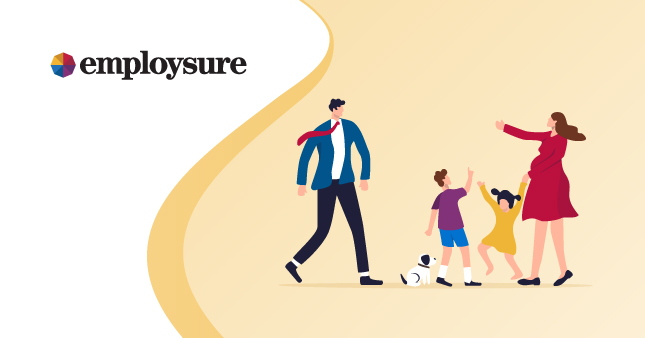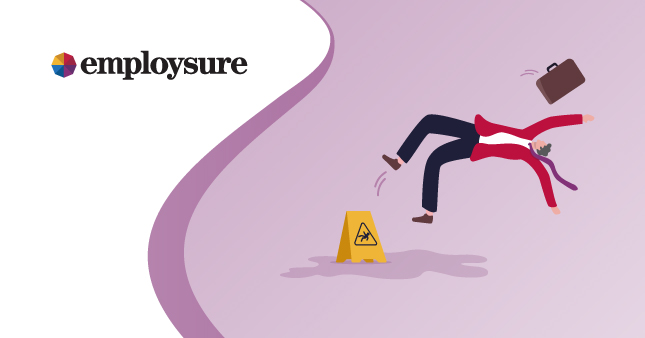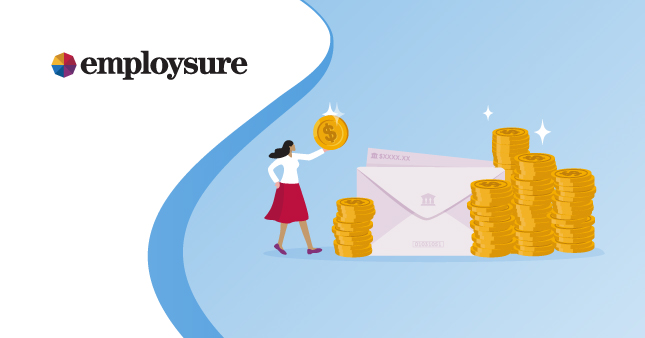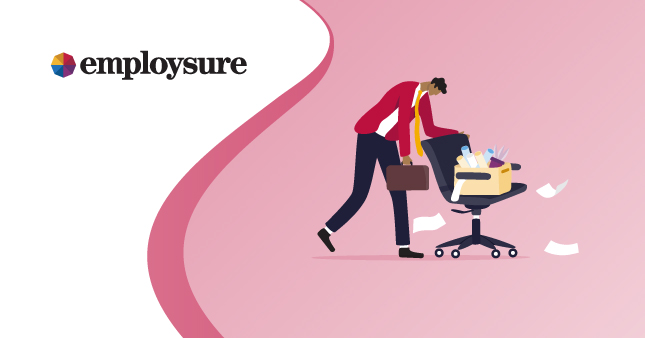
What Is Parental Leave?
Parental leave, sometimes referred to as maternity or paternity leave, is a type of leave that Australian employees are entitled to when they give birth, their spouse or de facto partner gives birth or they adopt a child under the age of 16. Eligible employees, who assume a primary responsibility to care for a child may be entitled to 12 months away from work unpaid, with the opportunity to request an additional 12 months of unpaid leave.
Who Is Entitled To Parental Leave?
Parental leave is commonly applicable to employees who have given birth. However, parental leave is also applicable to employees who have a partner or spouse who has given birth – and it also extends to employees who have adopted a child under the age of 16. The key requirement, essentially, is that the employee is responsible for the care of a child. Employees also need to complete a qualifying period before they are eligible to make a request for parental leave. For example, a new employee who just started working in the company a month ago, will not be entitled to unpaid parental leave. They must have completed at least 12 months of continuous service with the employer immediately prior to the child’s expected birth date or in the case of adoption, the expected date of placement of the child. However, the circumstances are different if the employee is working on a casual basis. Casual employees are entitled to parental leave if they have served at least 12 months of continuous service on a regular and systematic basis with the same employer immediately prior to the expected birth date of the child; or in the case of adoption, the expected date of placement of the child. A casual employee’s eligibility would also be subject to their employer’s expectation that the pattern of work on a regular and systematic basis, would have continued if the birth or adoption had not happened.
Parental Leave Notice And Evidence
Even though employees are entitled to take parental leave, notice needs to be given and evidence can be requested. Employees need to provide their employers with written notice of intention to take parental leave at least 10 weeks in advance. This written notice must specify the intended parental leave period including the start and finish dates, which must be confirmed at least four weeks before the leave commences. Employers are also entitled to request supporting evidence confirming the expected date of birth or date of adoption placement, such as a medical certificate or statutory declaration. Where eligible, it is also possible for employees to take other kinds of paid leave at the same time as unpaid parental leave, including annual leave and long service leave. However, this does not make the period of maternity or parental leave any longer. Conversely, employees cannot take personal, carer’s, compassionate or community service leave during the period in which they are on parental leave. When it comes to extending the period of parental leave, again, there are certain adherences to which employees must comply. If an employee wishes to ask for a further 12 months of parental leave, they must provide notice in writing of at least four weeks before the end of the first 12 months. As an employer, you need to respond in writing to their request within 21 days and are only entitled to refuse the request if there are reasonable business grounds for doing so.
Safe Job For Pregnant Employees
Parental leave is made available so that parents can take care of their children or children to be. But what about pregnant employees who are still at work and unable to perform their usual duties? Regardless of whether a pregnant employee is eligible for parental leave or not, employers are required to provide a safe job where it is not safe for them to complete their usual tasks. If you are unable to provide an alternative safe job, a pregnant employee is entitled to ‘no safe job leave’ for the duration of the period that they are at risk. The ‘no safe job leave’ period will be paid where they are eligible for unpaid parental leave, otherwise if they are not eligible for unpaid parental leave, the no safe job period will be unpaid. If you have any questions about parental leave, do not hesitate to speak to an Employsure specialist. Our team is available day or night on 1300 651 415.
For peace of mind, please call our 24-hour Advice Line now on 1300 651 415.



